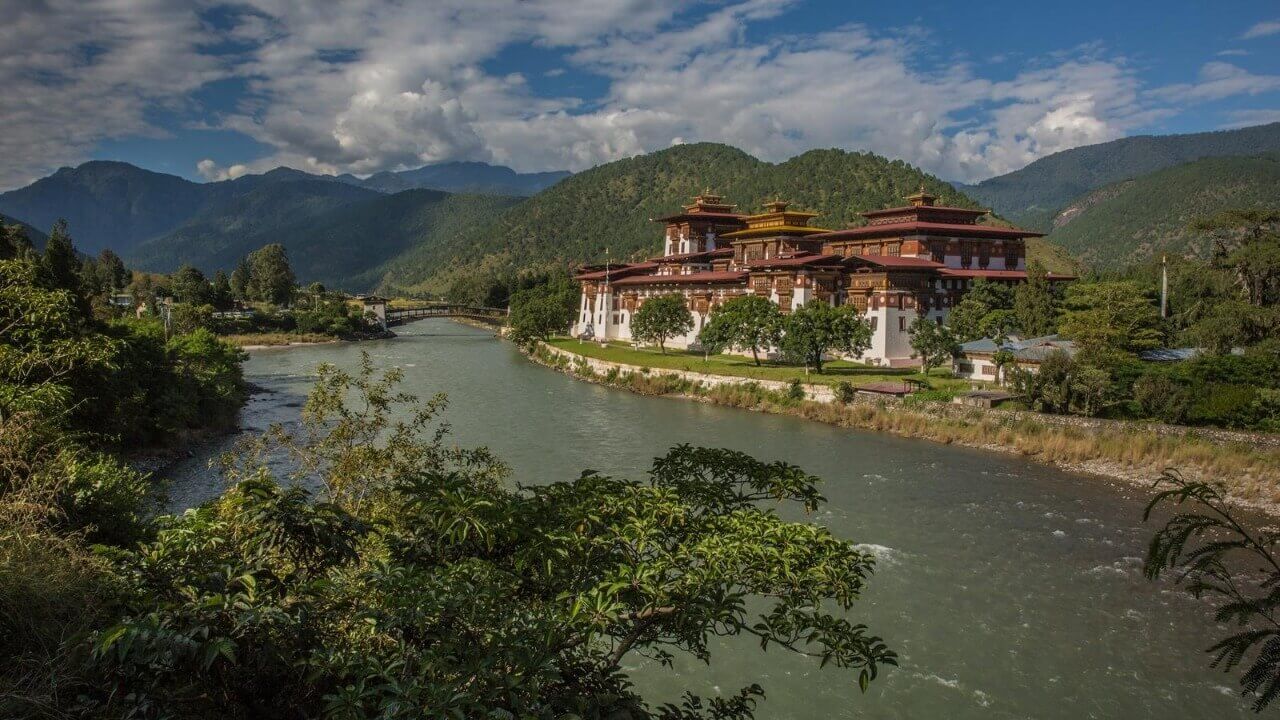Bhutan’s foreign ministry has sent China a demarche, protesting Beijing’s claims to the Sakteng wildlife sanctuary in Eastern Bhutan, prompting the Chinese foreign ministry to double down on its position in the alleged boundary dispute.
Trouble started brewing at the 58th meeting of the UNDP’s Global Environment Facility (GEF) Council last week, when China stated its opposition to funding a project for the sanctuary, claiming for the first time that it was “disputed” territory. In response, Aparna Subramani, the World Bank official representing Bhutan, as well as India, Bangladesh, Maldives, and Sri Lanka, said, “Bhutan totally rejects the claim made by the Council Member of China. Sakteng Wildlife Sanctuary is an integral and sovereign territory of Bhutan and at no point during the boundary discussions between Bhutan and China has it featured as a disputed area.”
Also read: Japanese Local Authority Moves to Rename Disputed Islands, Irking China
Though written records show that there has been no mention of Eastern Bhutan, or Trashigang Dzongkhag district (where Sakteng is based) in previous rounds of boundary negotiations between the two countries, the Chinese Ministry of Foreign Affairs (MFA) on Saturday claimed that the China-Bhutan boundary has never been delineated and that there have been “disputes over the eastern, central and western sections for a long time”. It also warned “a third party” from “pointing fingers” in the issue, in an apparent reference to India. Bhutan does not have any formal diplomatic relations with Beijing, and both countries engage in diplomatic communications through missions in New Delhi.
In the midst of a raging pandemic, Beijing has stepped up its expansionist posturing and triggered border disputes with its neighboring nations in the Himalayas as well as the South China Sea. China is already currently embroiled in a tense border standoff with India since May in Eastern Ladakh. Last month, a report by Nepal’s agriculture department stated that China had been using construction projects in the Tibet Autonomous Region (TAR) to encroach on its land. Relations between China and Japan have also been strained in recent weeks over Tokyo’s renaming of the disputed Senkaku islands. China has also intensified tensions with Hong Kong, Taiwan, Malaysia, Indonesia, Vietnam and Australia.
Also read: China Accuses Australia of Espionage and Recruiting Defectors
Experts have noted the timing of raising the border issue with Bhutan as important, stating that it may be a tactic to increase pressure on Bhutan and India and create a wedge between the two allies. However, analysts have also warned that the move may turn out to be counterproductive for China, as Beijing could lose political capital in Bhutan and instead facilitate closer ties between Thimpu and New Delhi. Neither the Bhutanese government nor the Indian Ministry of External Affairs (MEA) have commented on the issue.
India-China Border Dispute Coverage:
- India-China Skirmishes in Sikkim and Ladakh Leave Several Soldiers Injured
- Indian Army Chief Addresses Simmering Tensions with Nepal, China, and Pakistan
- Multiple Chinese Army Incursions Reported Along LAC, Indian Army Chief Takes Stock
- PM Modi Meets With Top Military Brass to Discuss Escalating Indo-China Border Tensions
- Donald Trump Offers to “Mediate” India-China Border Dispute
- PLA Keeps Up Pressure on LAC Amid Border Tensions with India
- India, China Increase Military Presence Along LAC
- India, China Agree to Gradual and Verifiable Disengagement in Eastern Ladakh
- India and China Pull Back Troops From Three Key Areas in Eastern Ladakh
- India-China Tensions Continue as Satellite Images Show Resurgence of Chinese Posts
- India Imposes Economic Sanctions on China Following the Death of 20 Indian Soldiers
- India Blocks 59 Chinese Apps Over “Sovereignty and Integrity” Concerns
Image Source: The Sunday Guardian

